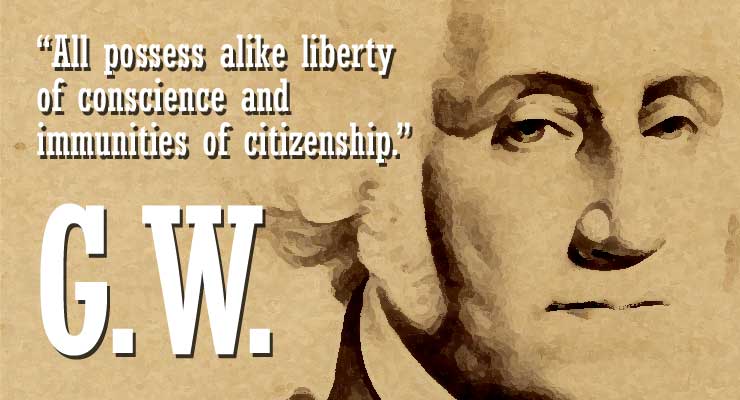
Since I wrote my last article about fighting to obtain disability access in Illinois, I discovered that it appears to be just as difficult in Virginia. I wrote to the Virginia election authority and found that they too do not offer any accommodations to help disabled candidates get on the ballot. They did not answer me when I asked if they had any ADA coordinator, and that means they do not.
There are so many ways in which a state can make it easy to sign and help someone get on the ballot. States like Illinois and Virginia do help voters with disabilities, as do most states.
States could let disabled candidates collect their signatures with the absentee ballots. For instance, if a disabled candidate informs the election authority that they want to be on a special form included with the absentee ballot for those who are in the right district, this could allow a voter to sign for a disabled candidate and return it at no cost, along with the absentee ballot. The election authority could accept those signatures and give the candidate an official number after the election. This set of signatures would be available for the office chosen by the disabled candidate for the next primary or general election.
This minor adjustment to how absentee ballots are distributed could ensure that disabled candidates have the signatures to get on the ballot for a future election.
This could be an adjustment to comply with the ADA or it could be a change that the state legislature makes.
The Utah Supreme Court held in 2010 that candidates (without regard to disability) to collect signatures online, and provided a well-reasoned opinion explaining why this method makes sense in a digital age. Such an advance would also help candidates with disabilities. Most state courts and the federal courts allow a litigant to e-sign in this manner: s/ Andrew U. D. Straw
Such a signature has legal effect in every federal court, and there’s no good reason to be picky and require more than the federal courts do solely to make signature gathering more difficult.
The thing to remember is that it hurts some people to gather signatures the tradition way, in person and using pen and paper.
Some may complain that disabled candidates should have volunteers to do this task for them, but there are two problems with this point of view. First, the state election codes do not require volunteers to do this, only candidates. Volunteers may be nice, but they are not required. Second, to require disabled people to have able people help them is like saying handicap parking is not required at the grocery store because able friends or family members can shop for disabled people.
It is a major step backwards to ask a disabled person to have an able person to do things for them. It is in fact discrimination to say so. Access means doing things, like providing handicap parking, that make doing things easier. The same is true with voting and being a candidate. The same thing is true regarding the signatures to get ballot access.
State legislatures have a wide range of options for helping disabled candidates for office, be those candidates physically broken from a car wreck like me, blind, paralyzed, or otherwise disabled such that accommodations under the ADA are wise and needed. Tennessee allows U.S. House candidates to get on the ballot with only 25 signatures. Every other state could have the same rule for candidates with disabilities. Tennessee weighed the equities and made that choice. Every other state can too. Further, a state could simply ask for a ballot filing fee, such as $100 for a local or state legislative race or $300 for a congressional or statewide race. This way, the candidates can get on the ballot in a very predictable manner without tricks. The money raised can help the state pay for elections while removing the expensive process of checking signature petitions.
My preference is the moderate ballot access fee because even someone poor can come up with this level of funding if they save for it over time and get a few donors to help out. This fee method should apply no matter what party a person belongs to because every party should be equal in the eyes of the State. Most state constitutions do demand that people be treated equally regardless of their political views or other traits, such as gender or disability. Illinois does in sections 2 and 12, 17-20 of the Bill of Rights.
Leave a Reply